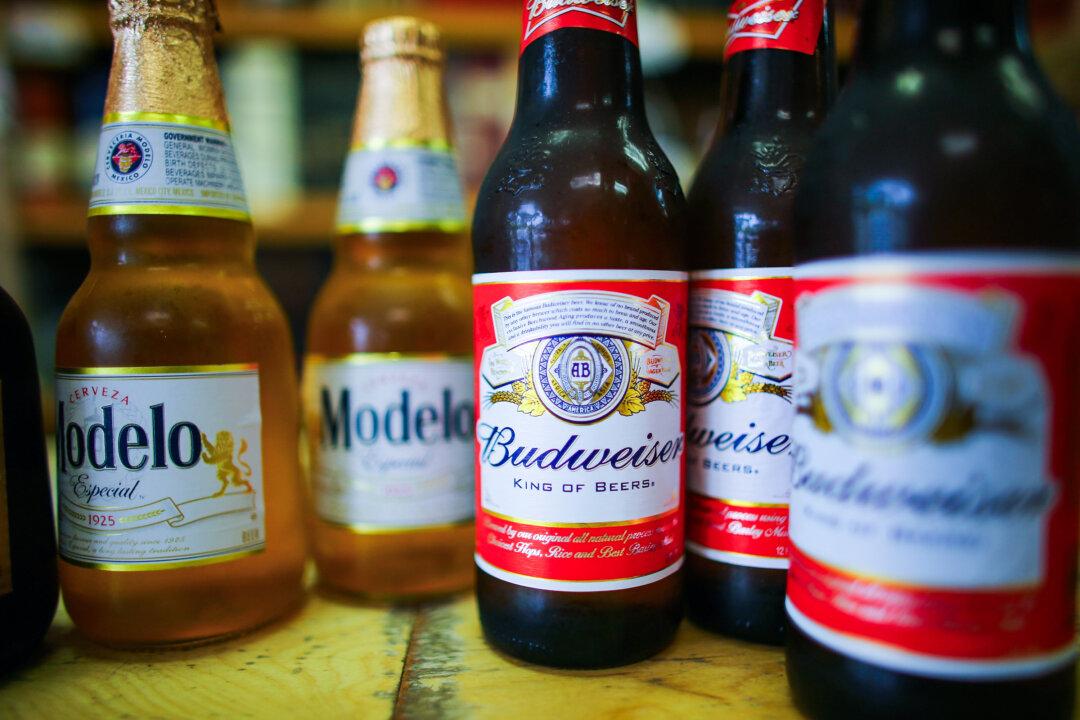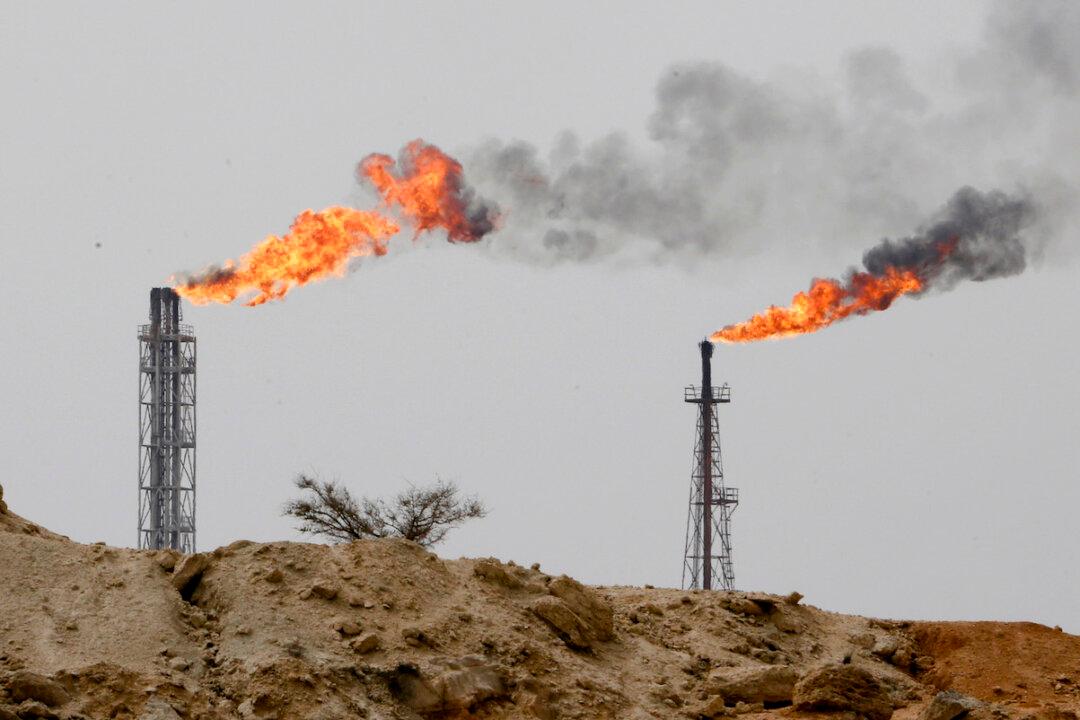Modelo has continued to see its sales accelerate in the midst of a boycott targeting rival Bud Light, the company’s chief executive said Thursday.
“The good news is, there’s just so much opportunity still to go,” Constellation Brands CEO Bill Newlands told the Wall Street Journal about Modelo Especial, which became the No. 1-selling retail beer in the United States earlier this year. He said that there are still parts of the United States where the brand isn’t well known, meaning that Modelo has a considerable amount of “potential” in the near future.





